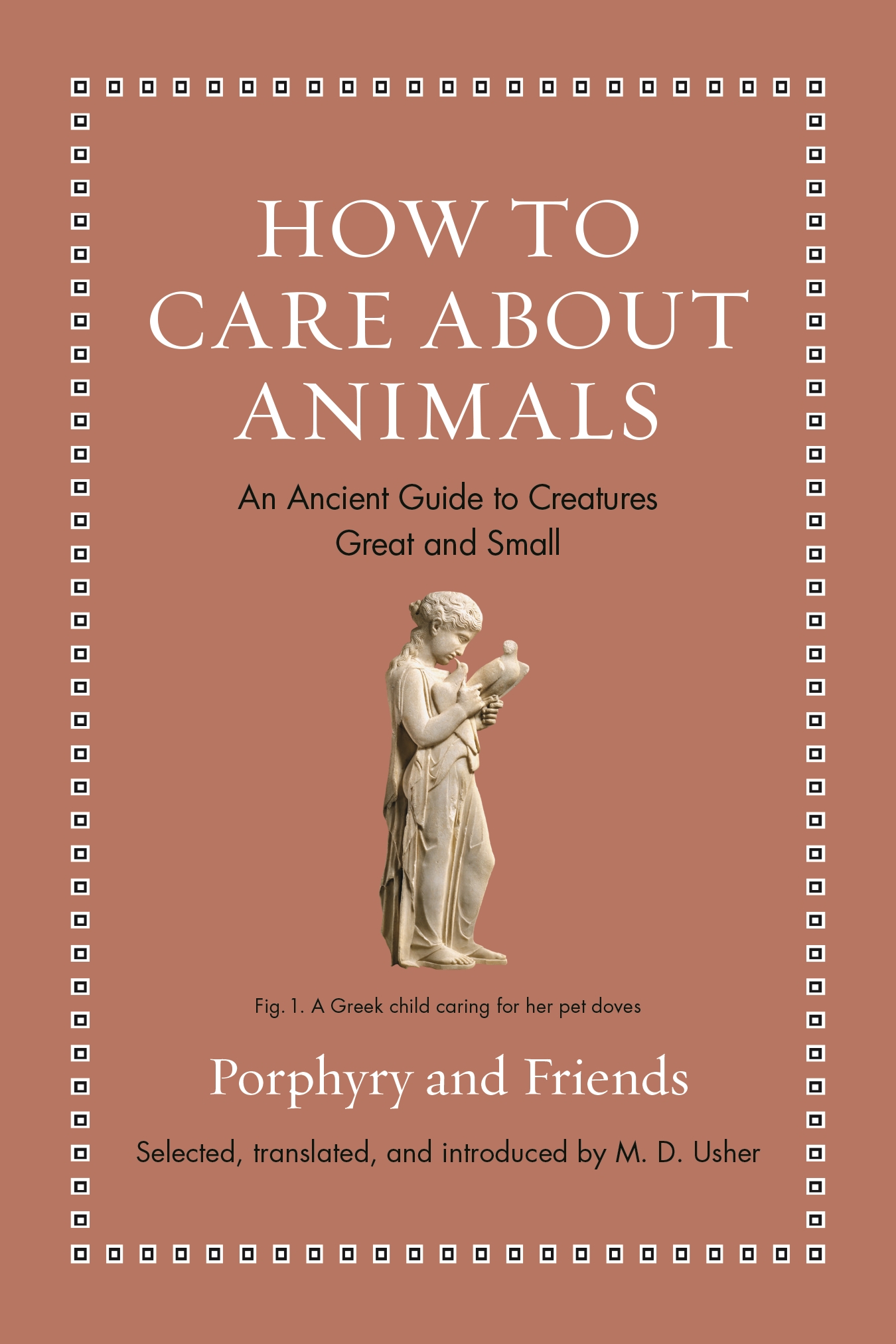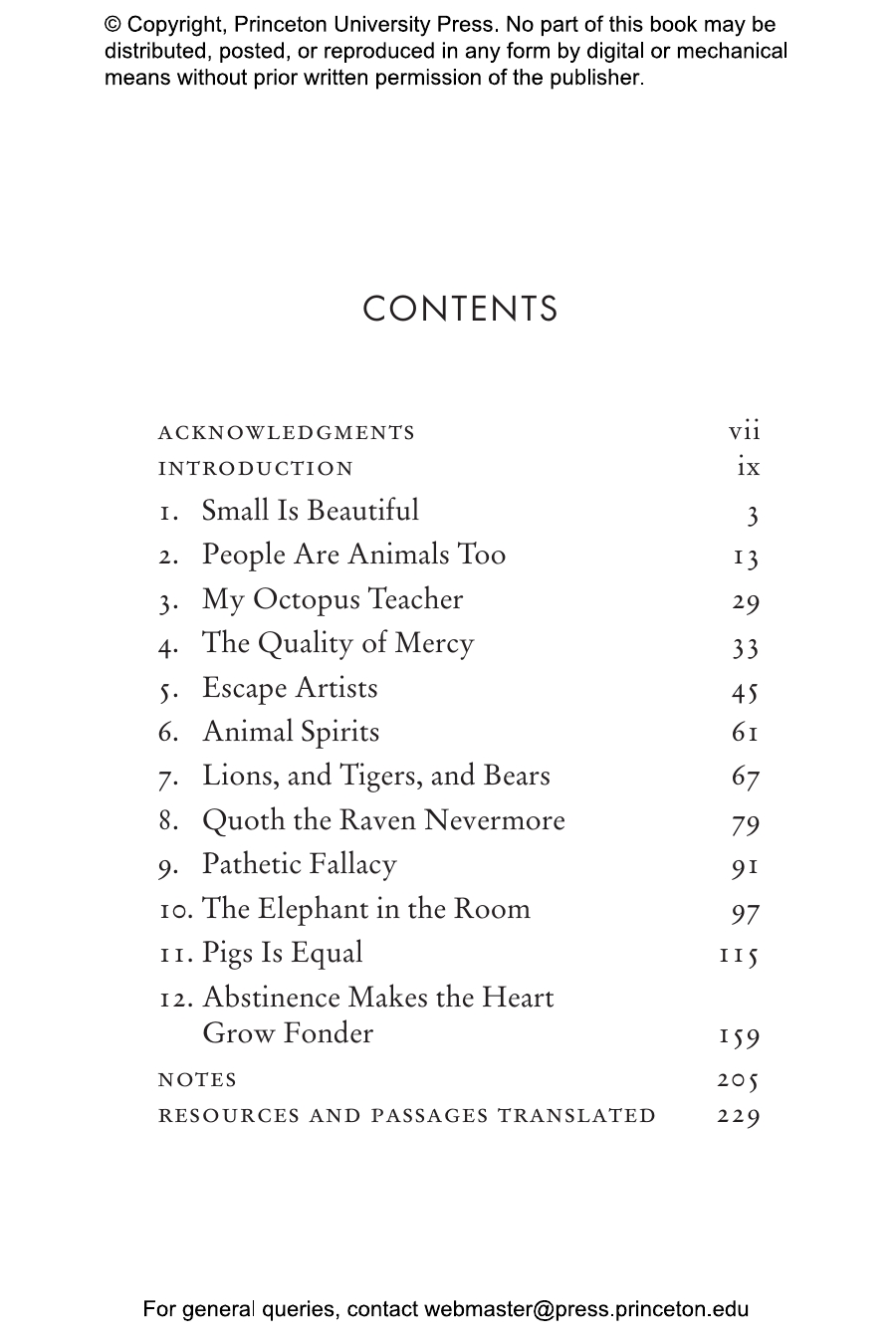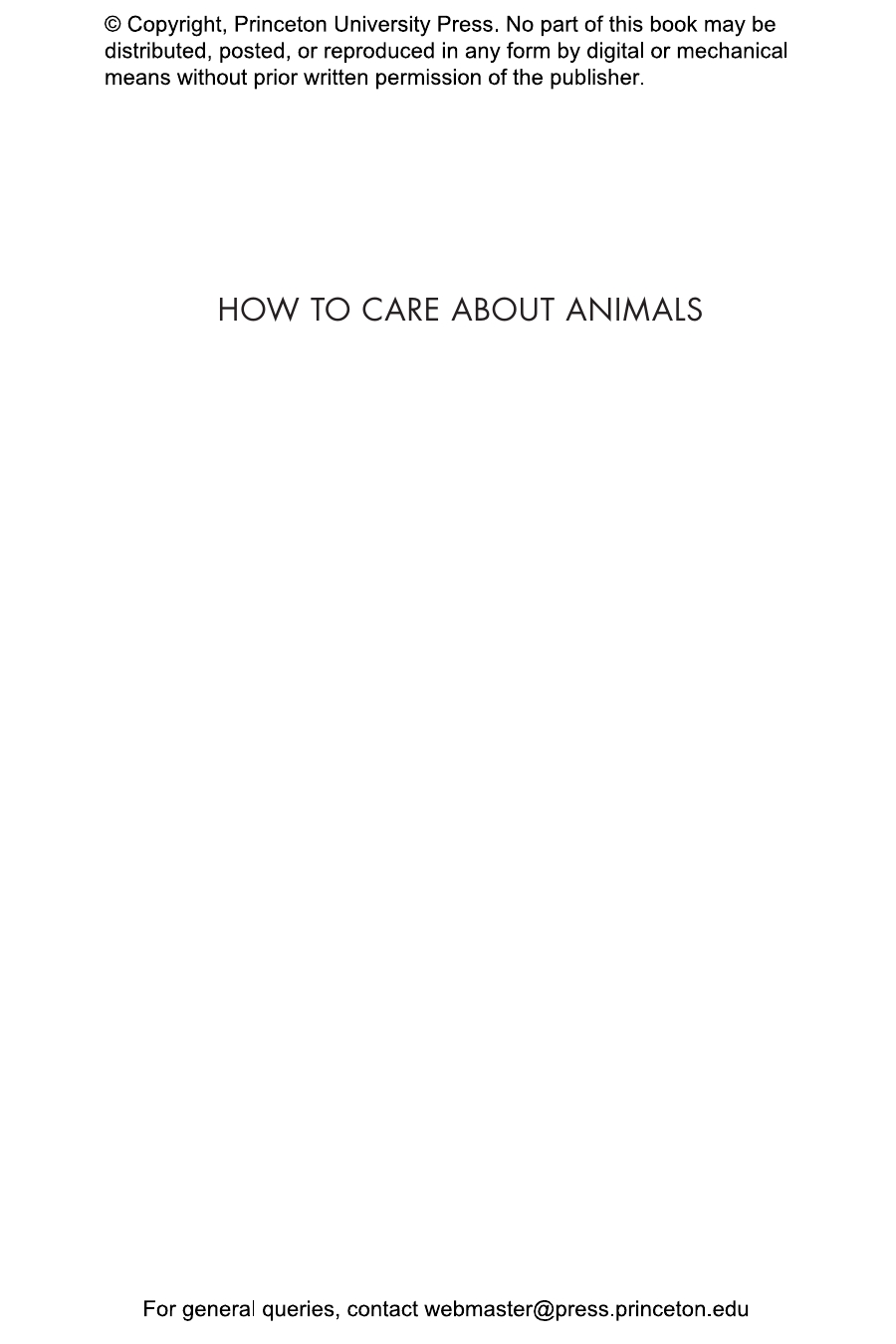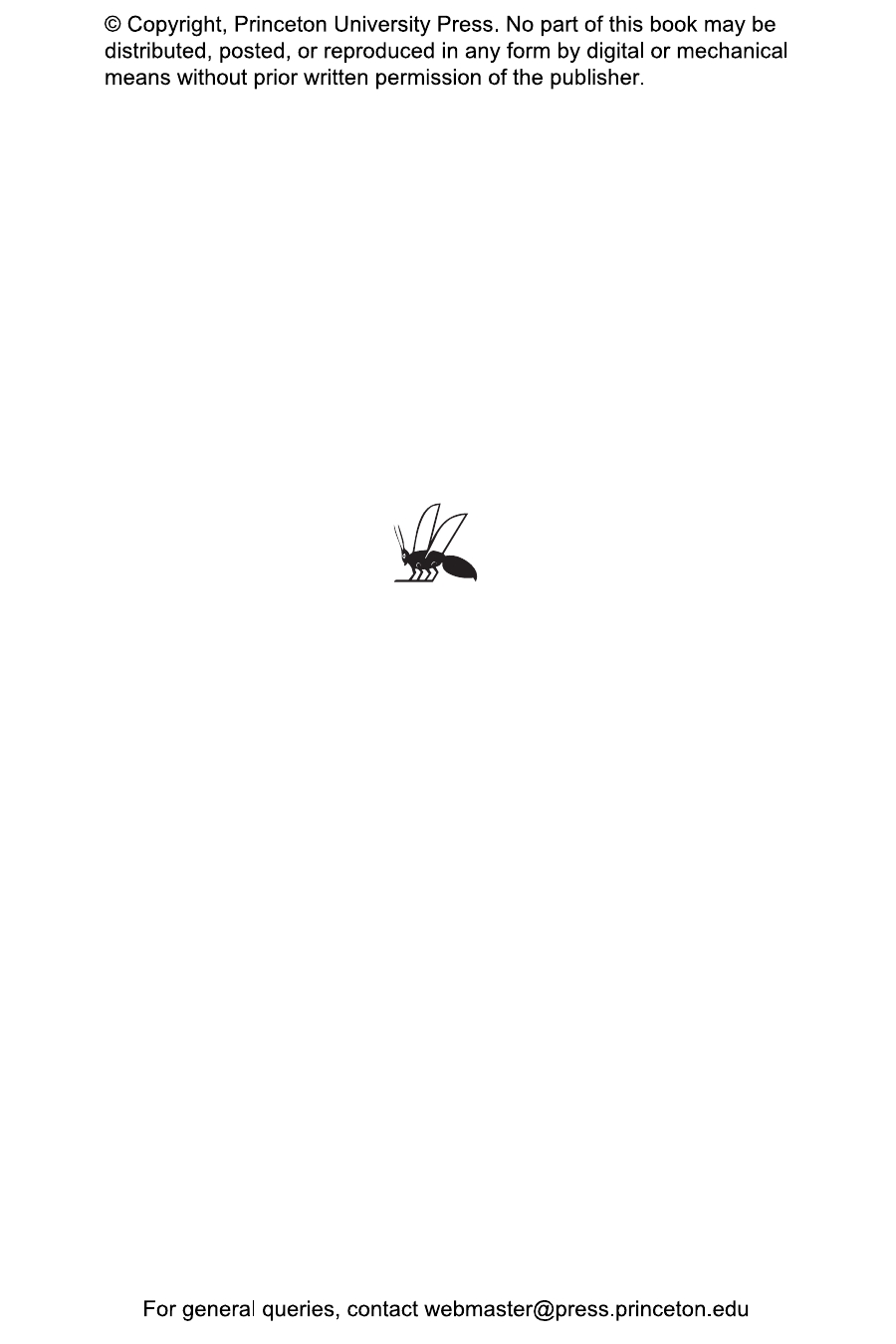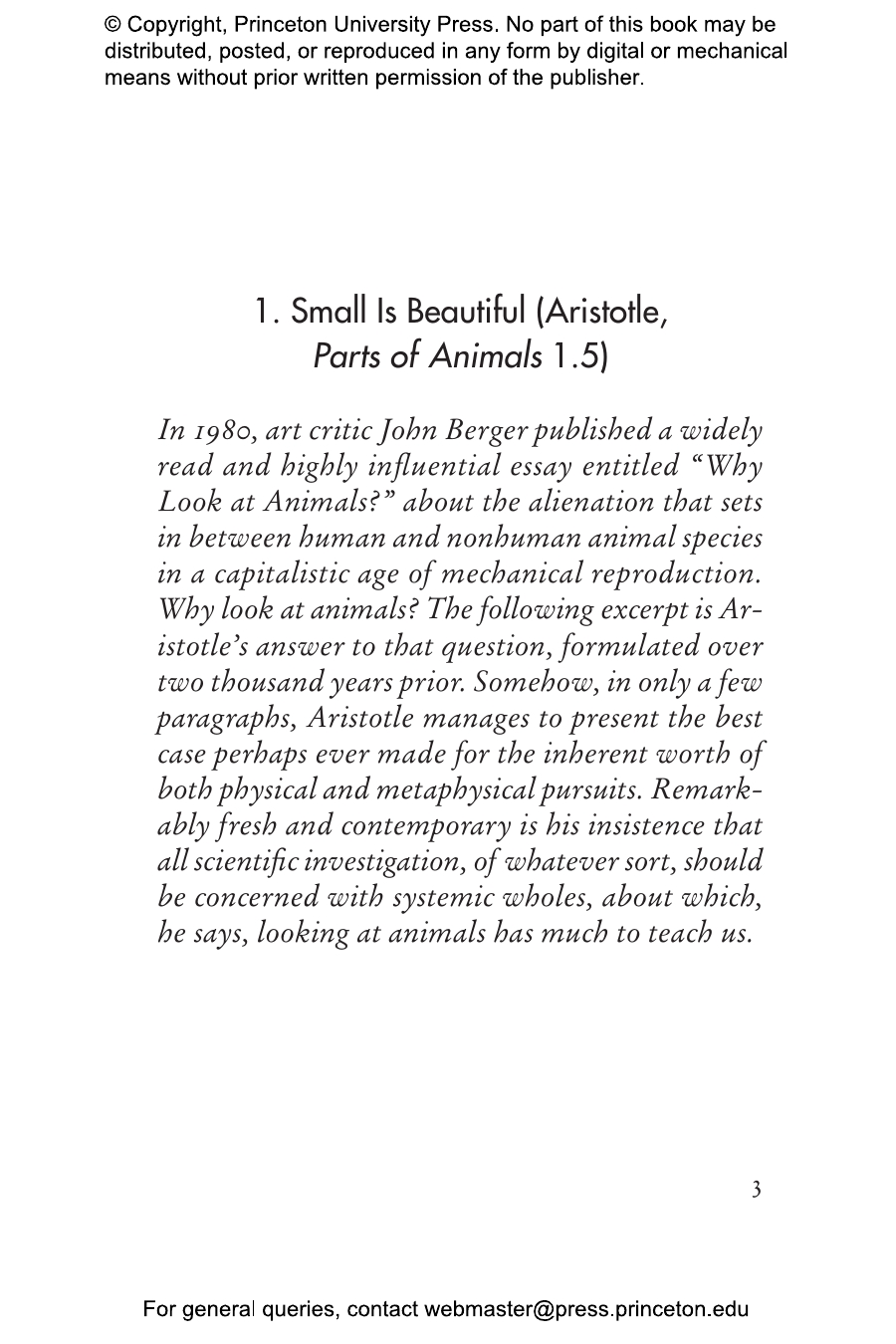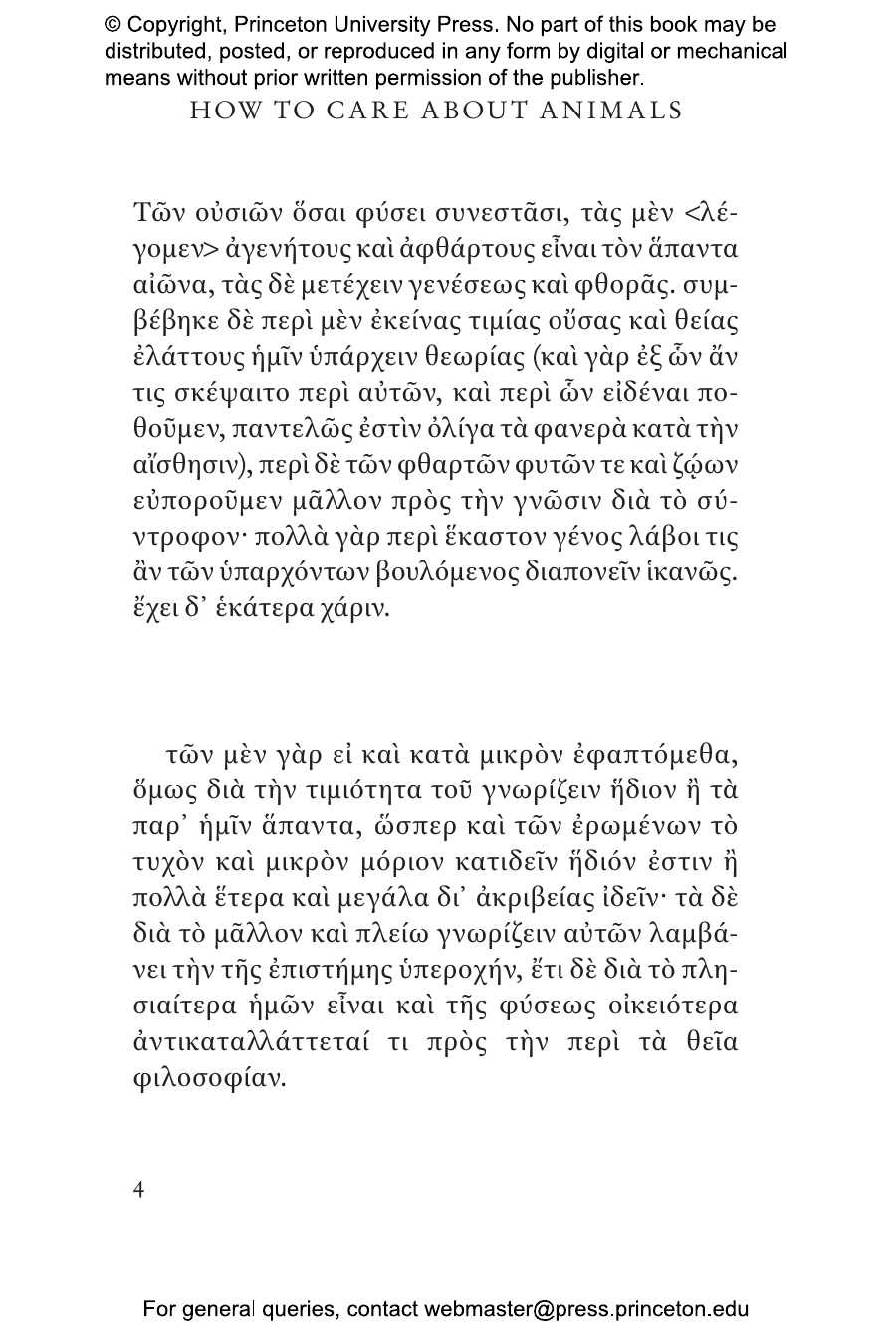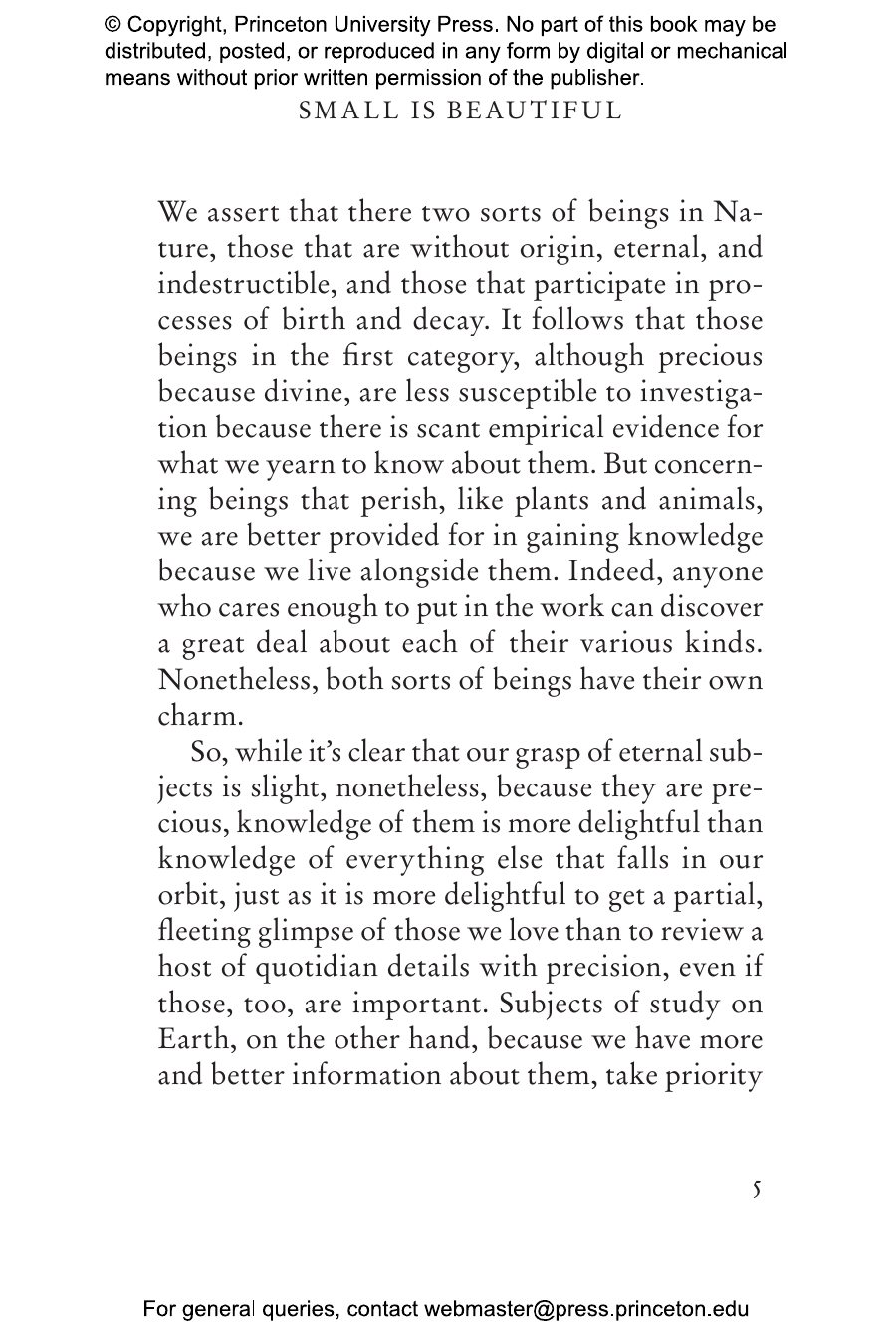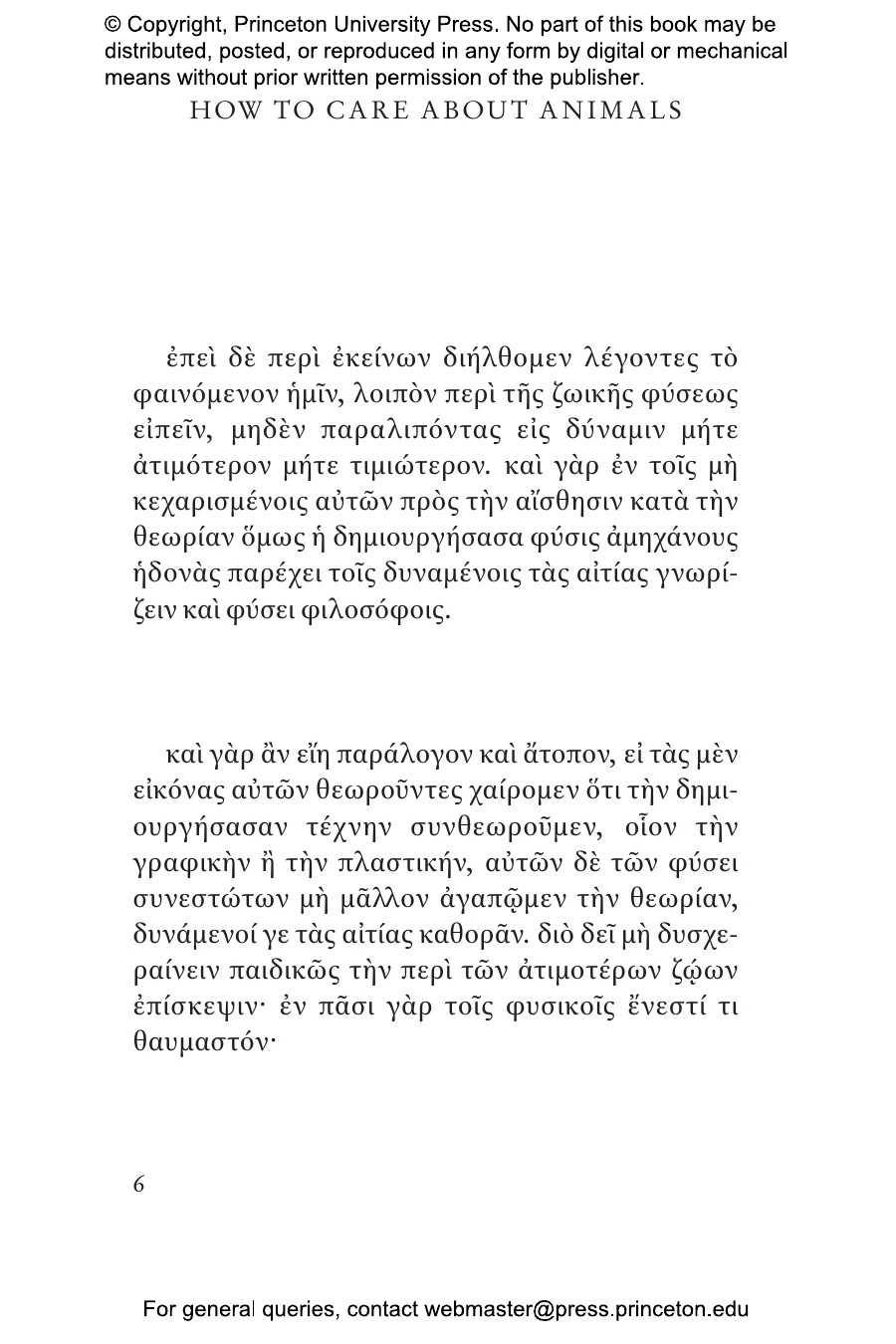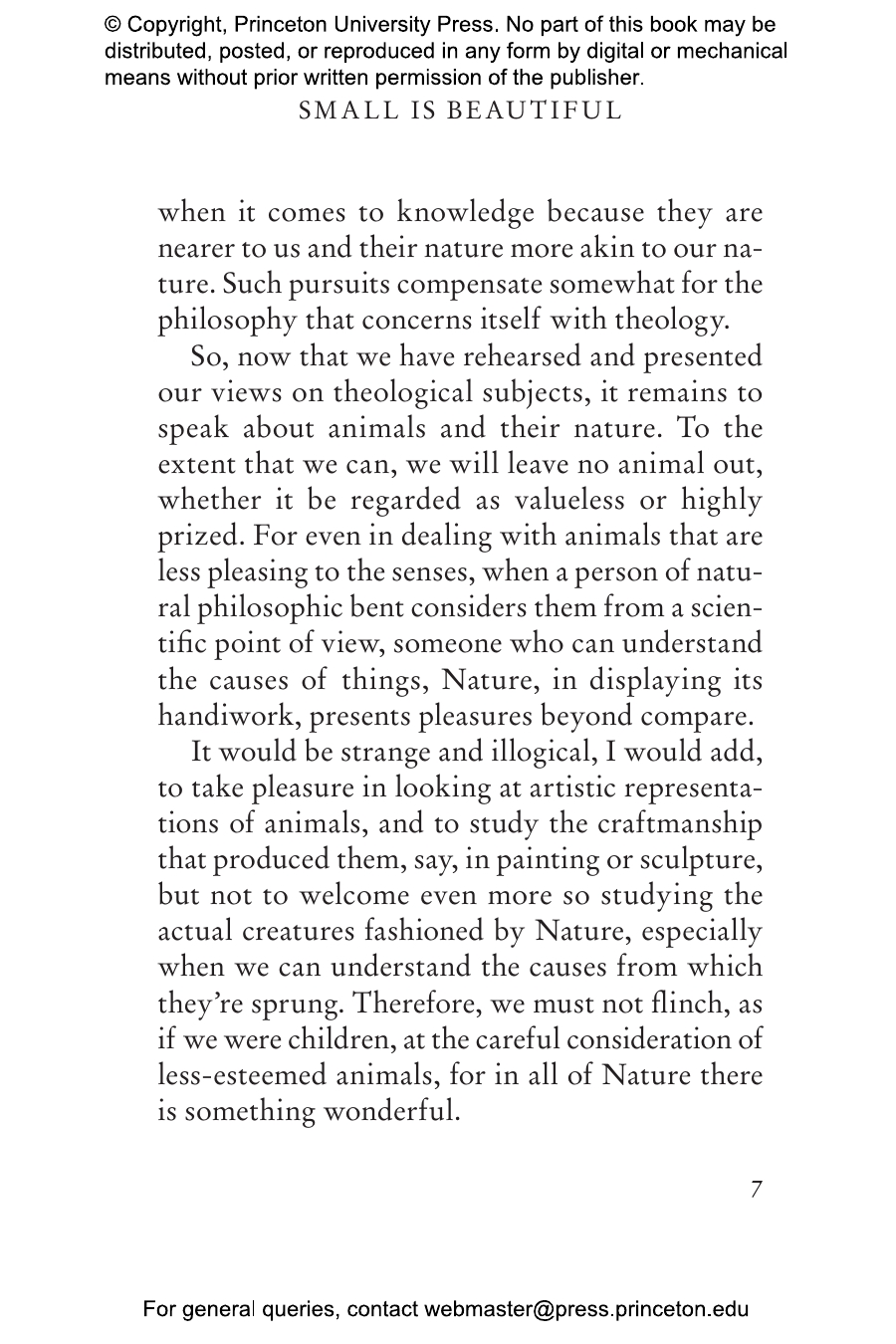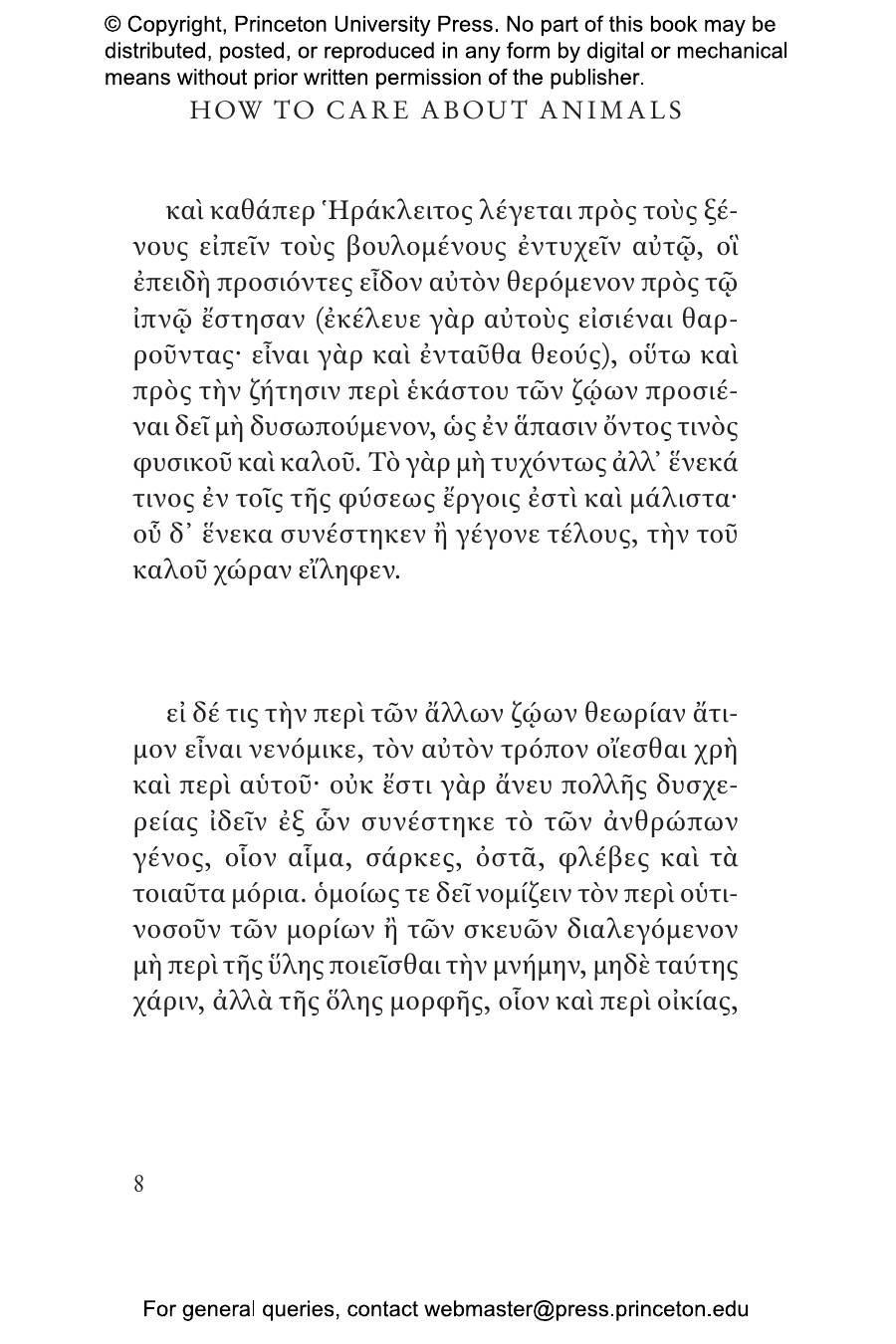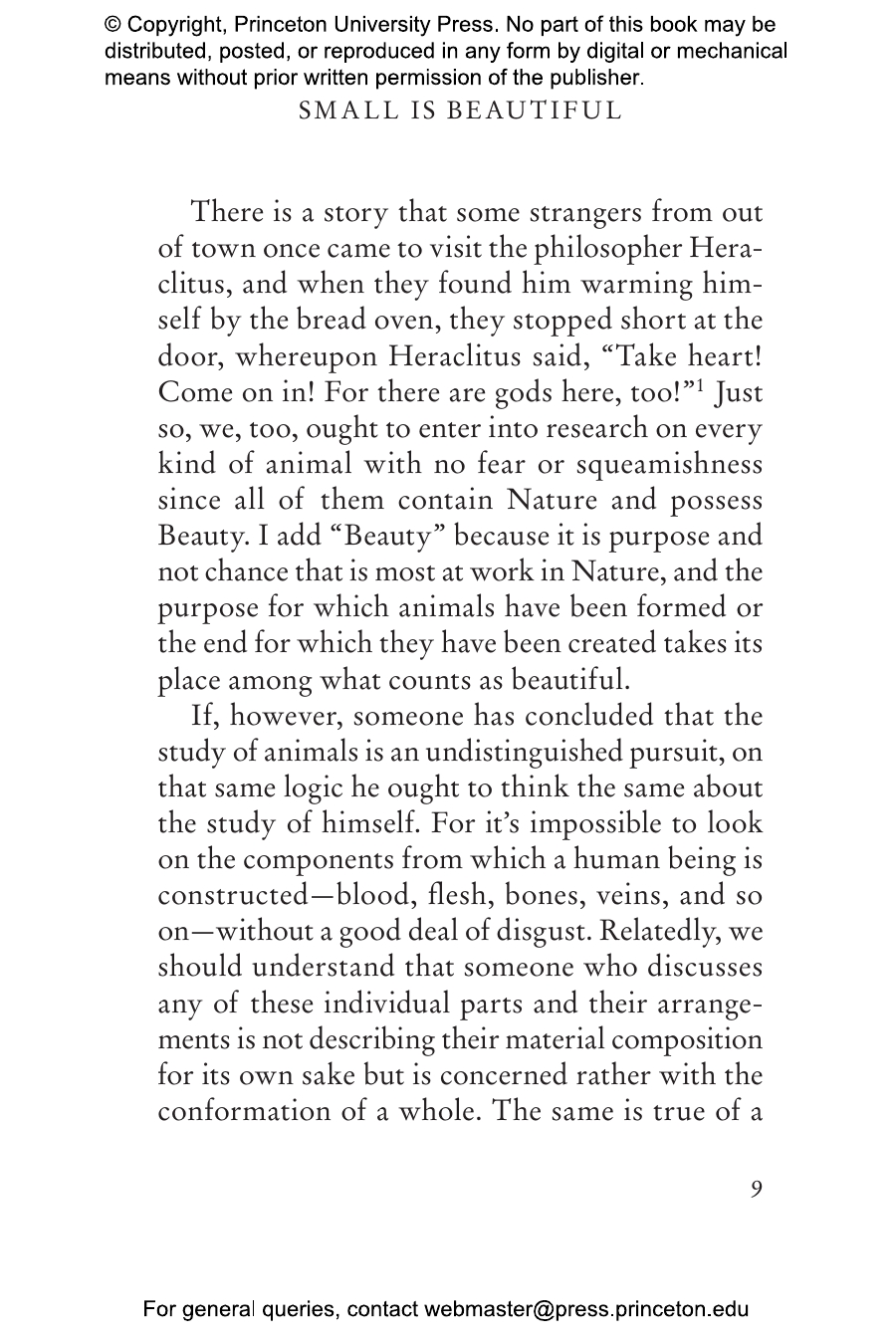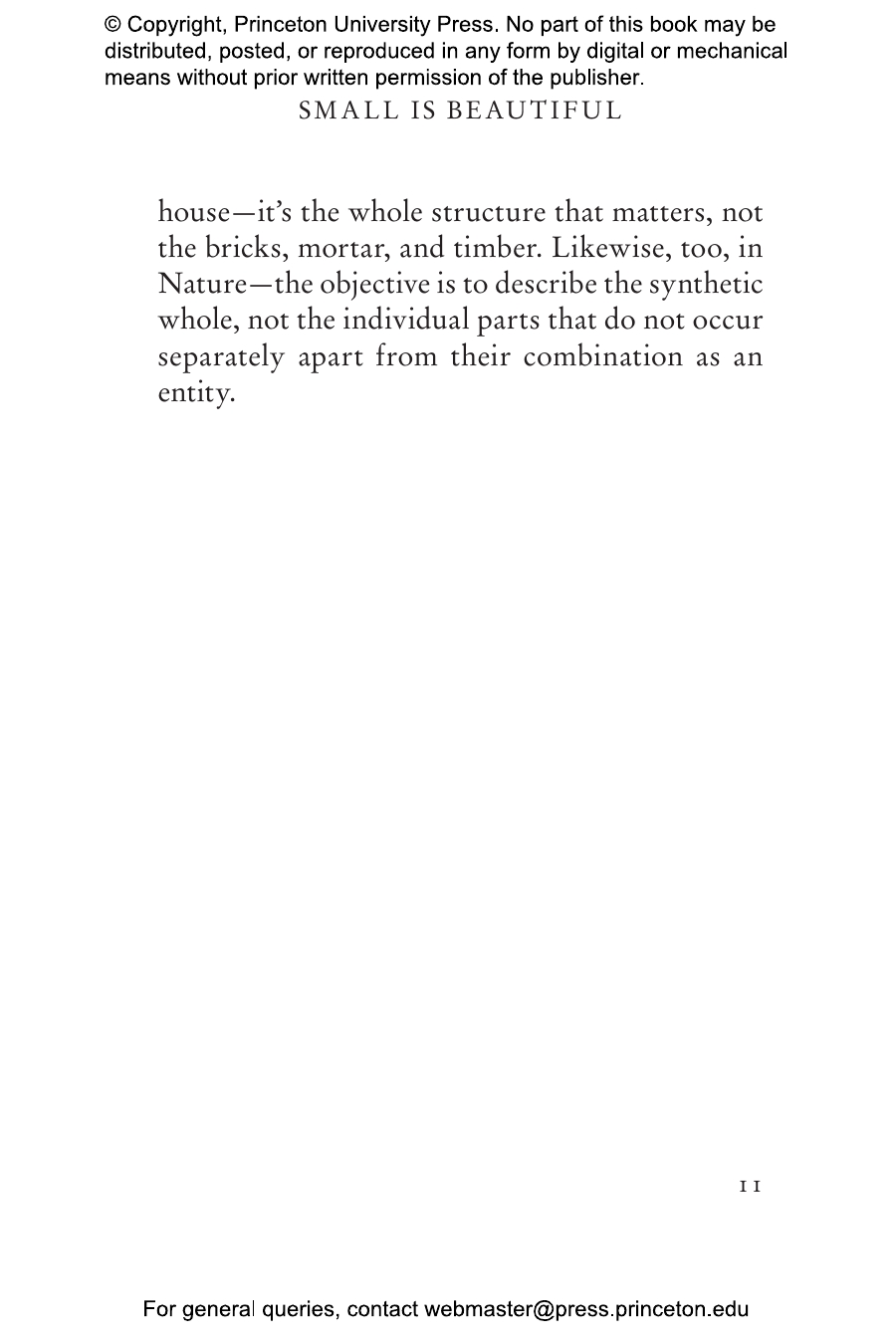How to Care about Animals: An Ancient Guide to Creatures Great and Small
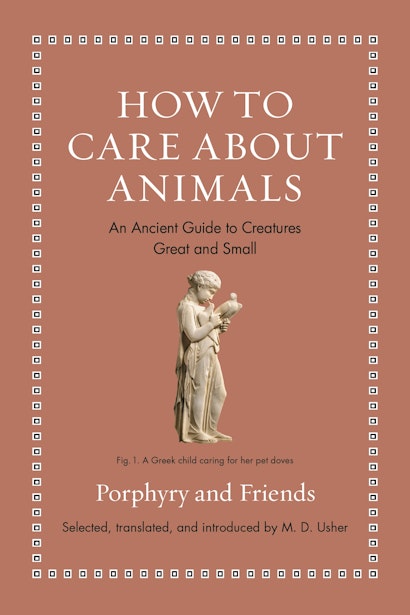

Hardcover
ebook (EPUB via app)
- Sale Price:
- $13.27/£11.19
- Price:
-
$18.95/£15.99 - ISBN:
- Published:
- Oct 10, 2023
- Copyright:
- 2023
30% off with code PUP30
ebook (PDF via app)
-
Audio and ebooks (EPUB and PDF) purchased from this site must be accessed on the
91ÌÒÉ« app. After purchasing, you will receive an email with
instructions to access your purchase.
About audio and ebooks - Request Exam Copy
How to Care about Animals is a fascinating menagerie of passages from classical literature about animals and the lives we share with them. Drawing on ancient writers from Aesop to Ovid, classicist and farmer M. D. Usher has gathered a healthy litter of selections that reveal some of the ways Greeks and Romans thought about everything from lions, bears, and wolves to birds, octopuses, and snailsâand that might inspire us to rethink our own relationships with our fellow creatures. Presented in lively new translations, with the original texts on facing pages, these pieces are filled with surprisesâanticipating but also offering new perspectives on many of our current feelings and ideas about animals.
Here, Porphyry makes a compelling argument for vegetarianism and asserts that the just treatment of animals makes us better people; Pliny the Elder praises the virtuosity of songbirds and the virtuousness of elephants; Plutarch has one of Circeâs pigs from the Odyssey make a serio-comic case for the dignity of the beasts of the field; Aristotle puts the study of animals on par with anthropology; we read timeless Aesopian fables, including âThe Hen That Laid the Golden Eggâ and âThe Fox and the Grapesâ; and there is much, much more.
A Noahâs Ark of a book, How to Care about Animals is guaranteed to charm and inspire anyone who loves animals.
